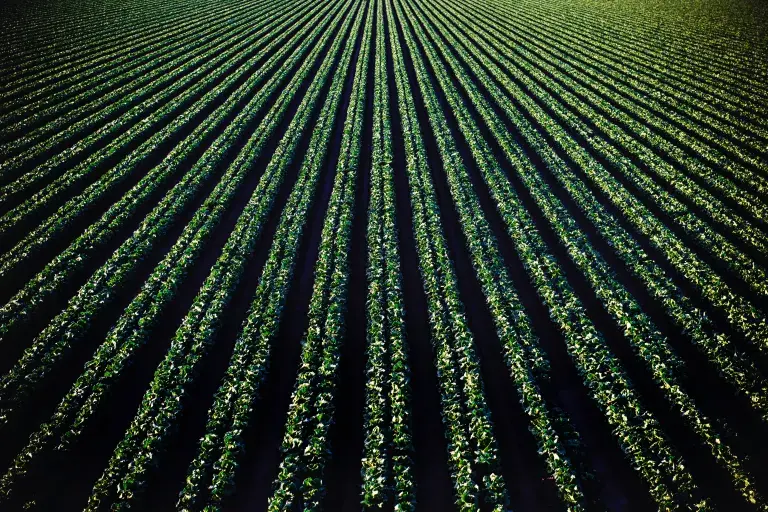From aspiration to action: making living wages a reality for workers
The pandemic has dramatically exposed the vulnerability that workers around the world face. Hit by multiple shocks – job losses, longer hours, shrinking real wages and heightened health risks – the worst hit are those without any state support or safety nets.
As we respond to these challenges, the global call to action is not just to support economic recovery but a ‘human-centred recovery from the COVID-19 crisis that is inclusive, sustainable and resilient’. In this context, the concept of living wages for workers is fast gaining momentum.
By going beyond a ‘basic needs’ calculation and integrating the principles of a decent standard of living and adequate safety nets into wage considerations, living wages have fundamentally shifted the debate around what we think workers should rightfully earn. And, with businesses making public commitments, it seems like the idea of living wages is here to stay.
But translating the idea into reality is an altogether different challenge. It requires commitment and coordination both across the supply chain and on the ground with local stakeholders and workers’ representatives. In short, implementing living wages requires systemic thinking to tackle the root causes of structural inequality within supply chains and trade that keep wages low. This is why sustainability standards are uniquely placed to help drive living wages in supply chains.
ISEAL has been supporting sustainability standards to advance thinking and action on living wages for more than a decade. We supported the creation of the Global Living Wage Coalition (GLWC) – a unique knowledge-action partnership working to enable collaborative action to achieve a decent standard of living for working people and their families worldwide. Structured as a partnership between two complementary entities - the Anker Research Institute and the Action Network (that ISEAL hosts), the Coalition is a pioneer and leading voice in the global living wage movement.
While ISEAL members Fairtrade International and Rainforest Alliance have been long-standing members of the Coalition, the GLWC recently welcomed three new members into the Action Network – the Aquaculture Stewardship Council (ASC), Bonsucro and the Union for Ethical Biotrade. We are excited to see more ISEAL members come forward to join the Coalition and work collaboratively with their peers to drive action on living wages in new sectors.
This year ISEAL also partnered with IDH on a new project to support system strengthening around wage measurement, verification and auditing. Credible verification of wage levels and wage gaps is an essential component of the living wage journey, ensuring that, at the end of the day, workers’ wages are in fact improving. The project working group brings together more than twenty five schemes working across regions and sectors and drives peer learning on a range of topics from setting standards to support for living wage goals, to addressing auditing challenges, to valuing in-kind benefits and wages for piece-rate workers. Our work will continue into the next year with a focus on guidance and best practice to improve wage measurement and auditing and on exploring new topics such as living wage metrics and claims.
ISEAL believes that the concept of living wages has transformative potential for workers around the world. And, while business commitment is good to see, the real challenge is to work with the right data and insight to raise worker wages on the ground – credibly and consistently. Our goal is to leverage the role and then deepen the impact that market-based sustainability systems can have in making living wages a reality through learning, sharing, alignment and action.


